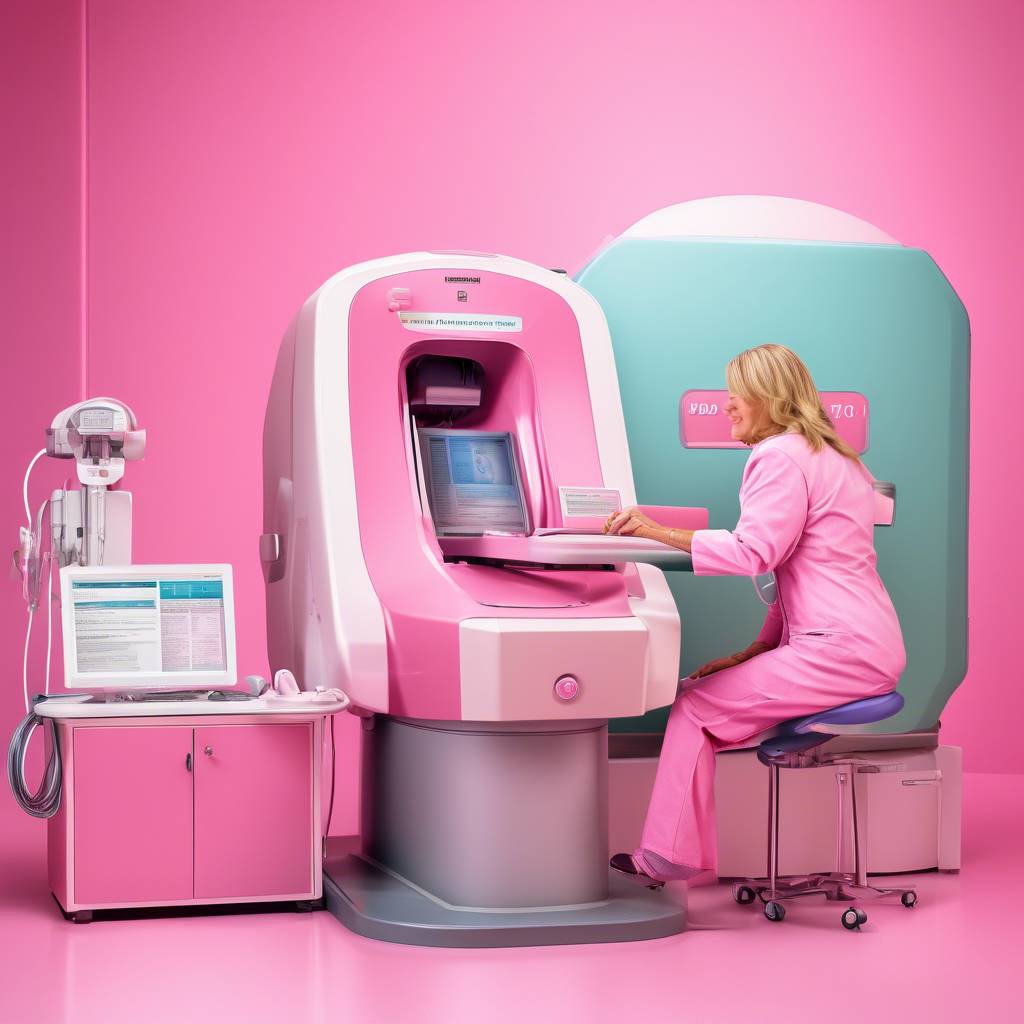The U.S. Preventive Services Task Force has issued new breast cancer screening guidelines recommending that women between the ages of 40 and 74 receive a mammogram every two years. This is a change from the previous guidelines, which suggested starting screening at age 50. The task force believes that this change has the potential to save 20% more lives and emphasizes the importance of individualized recommendations for those with a history of breast cancer or other risk factors.
The task force conducted a thorough review that included seven randomized trials and 13 non-randomized trials to come to this conclusion. They found that the evidence comparing the effectiveness of various breast cancer screening strategies is inconclusive, highlighting the complexity of the issue. The recommendations apply to women at average risk of breast cancer as well as those with a family history of the disease and those with dense breasts. However, they exclude individuals with certain risk factors from these guidelines.
While the task force believes that mammography screening saves lives, they assert that the harms of annual screenings, such as false positives and unnecessary biopsies, outweigh the potential benefits. They recommend biennial mammograms for women at average risk, but acknowledge that additional studies are needed for women over 75 and those with dense breasts. Some healthcare providers disagree with these recommendations, suggesting that more frequent screening, such as annual mammograms starting at age 40, may be more effective in reducing breast cancer mortality.
Despite the lack of clear evidence supporting specific guidelines, experts emphasize the significance of breast cancer screening in saving lives and reducing mortality rates. They stress the importance of providing clear guidance to women so that they can make informed decisions about their health. Factors such as breast density, family history, and ethnicity can impact an individual’s risk of developing breast cancer, underscoring the need for personalized screening recommendations.
The disparity in mortality rates between Black and white women highlights the importance of early and regular screening for women at higher risk. Black women are more likely to develop aggressive forms of breast cancer at a younger age, underscoring the need for targeted interventions and appropriate guidelines. Experts recommend following guidelines from organizations such as the American College of Radiology and the Society of Breast Imaging, which provide additional information and recommendations tailored to individual risk factors.
Ultimately, the decision on breast cancer screening should be individualized based on factors such as age, breast density, family history, and personal risk factors. Women should engage in discussions with their healthcare providers to determine the best screening strategy for their specific situation. By considering all available evidence and guidelines, women can make informed decisions to reduce their risk of breast cancer and improve their chances of early detection and successful treatment.






![The Transformation of Marketing: Embracing a Human-First Approach [Infographic]](https://linkedindaily.com/wp-content/uploads/2024/05/the-transformation-of-marketing-embracing-a-human-first-approach-infographic-330x220.jpg)


